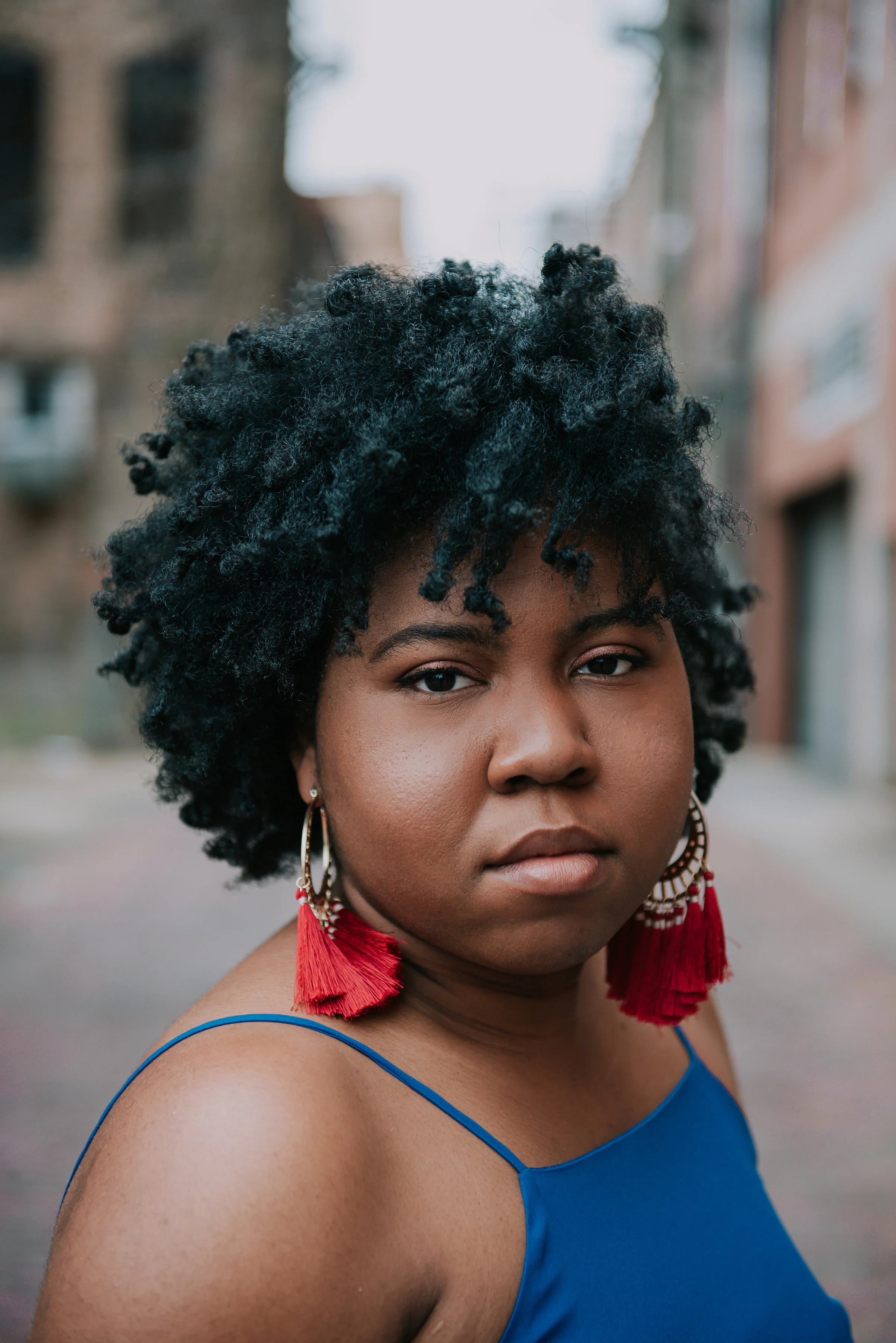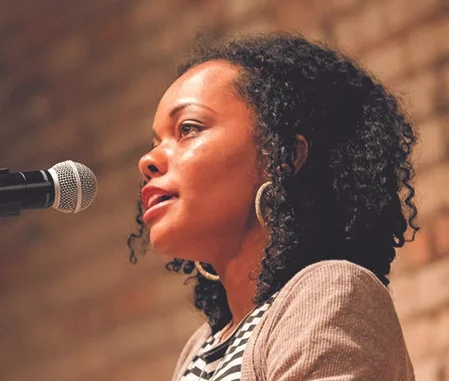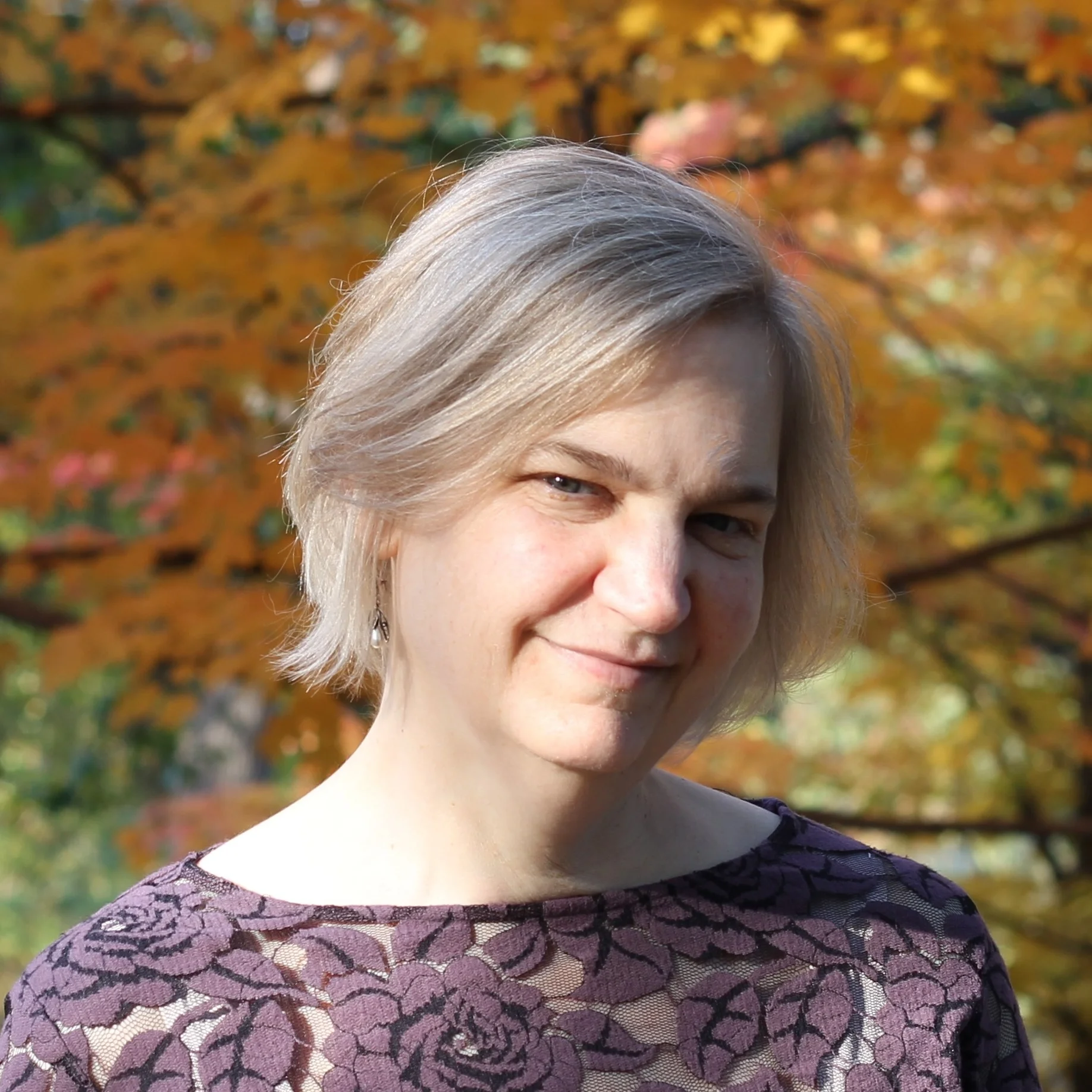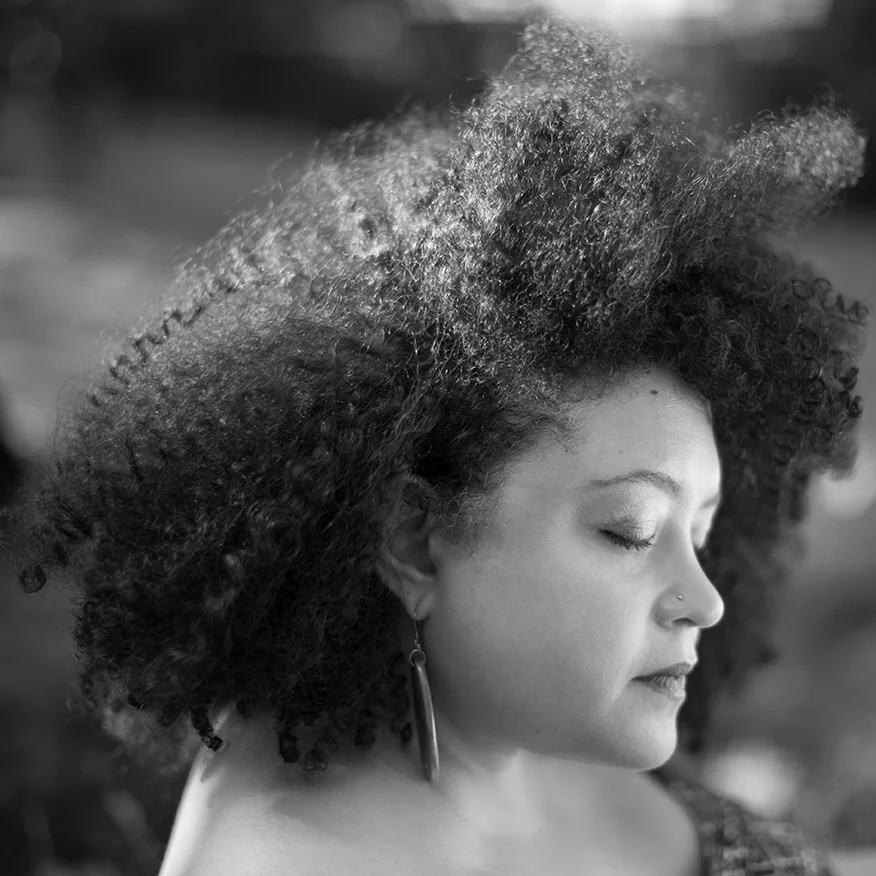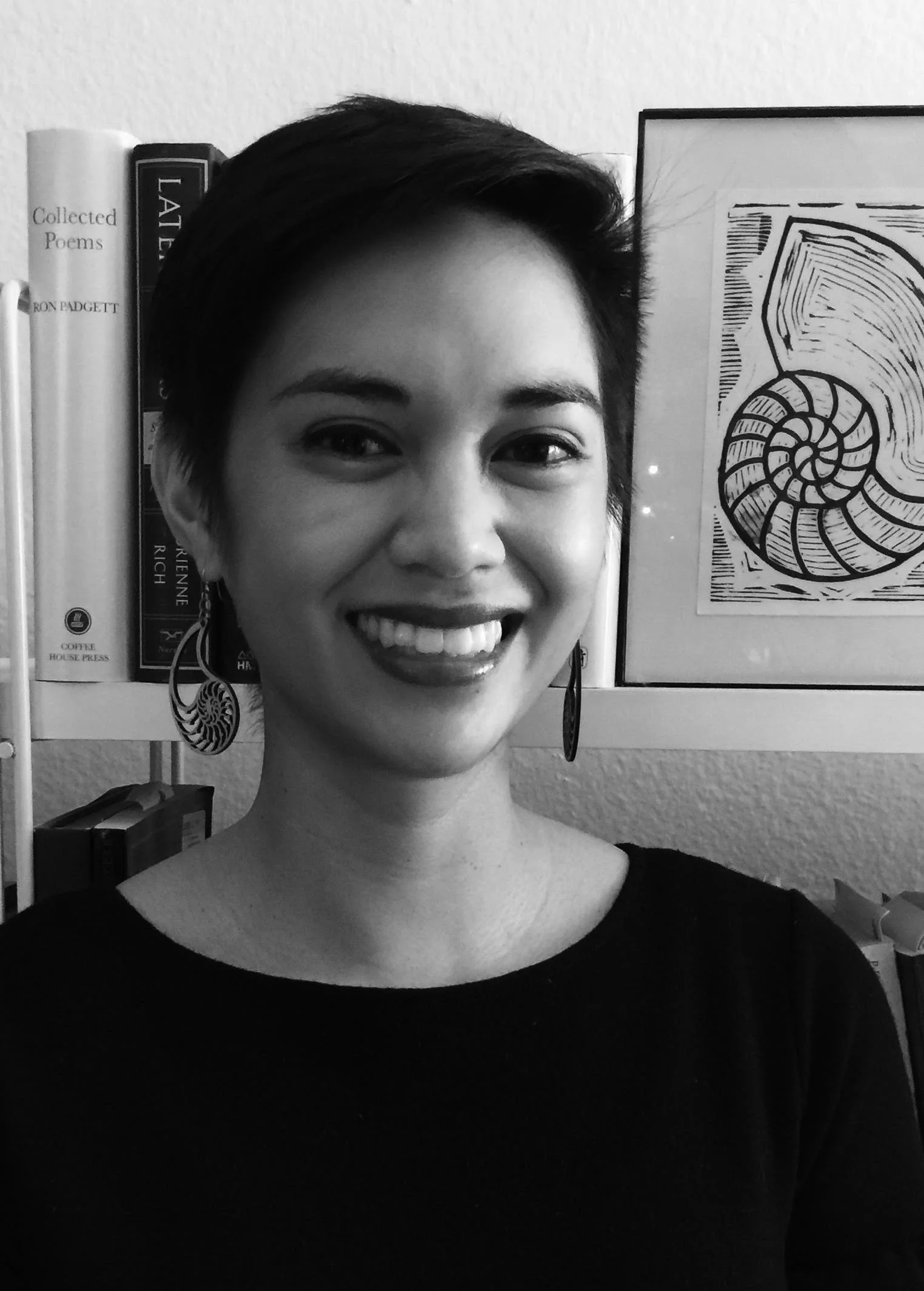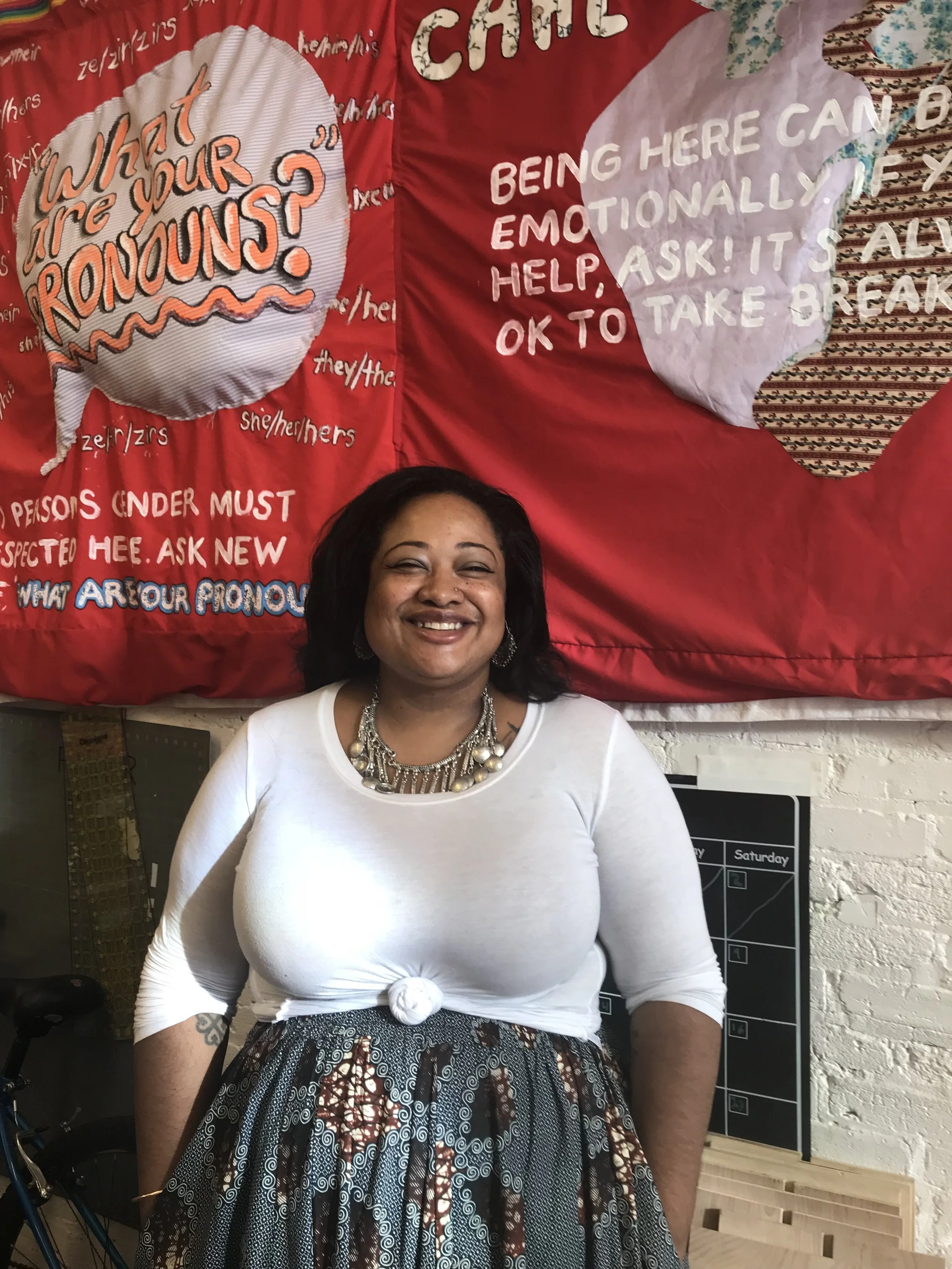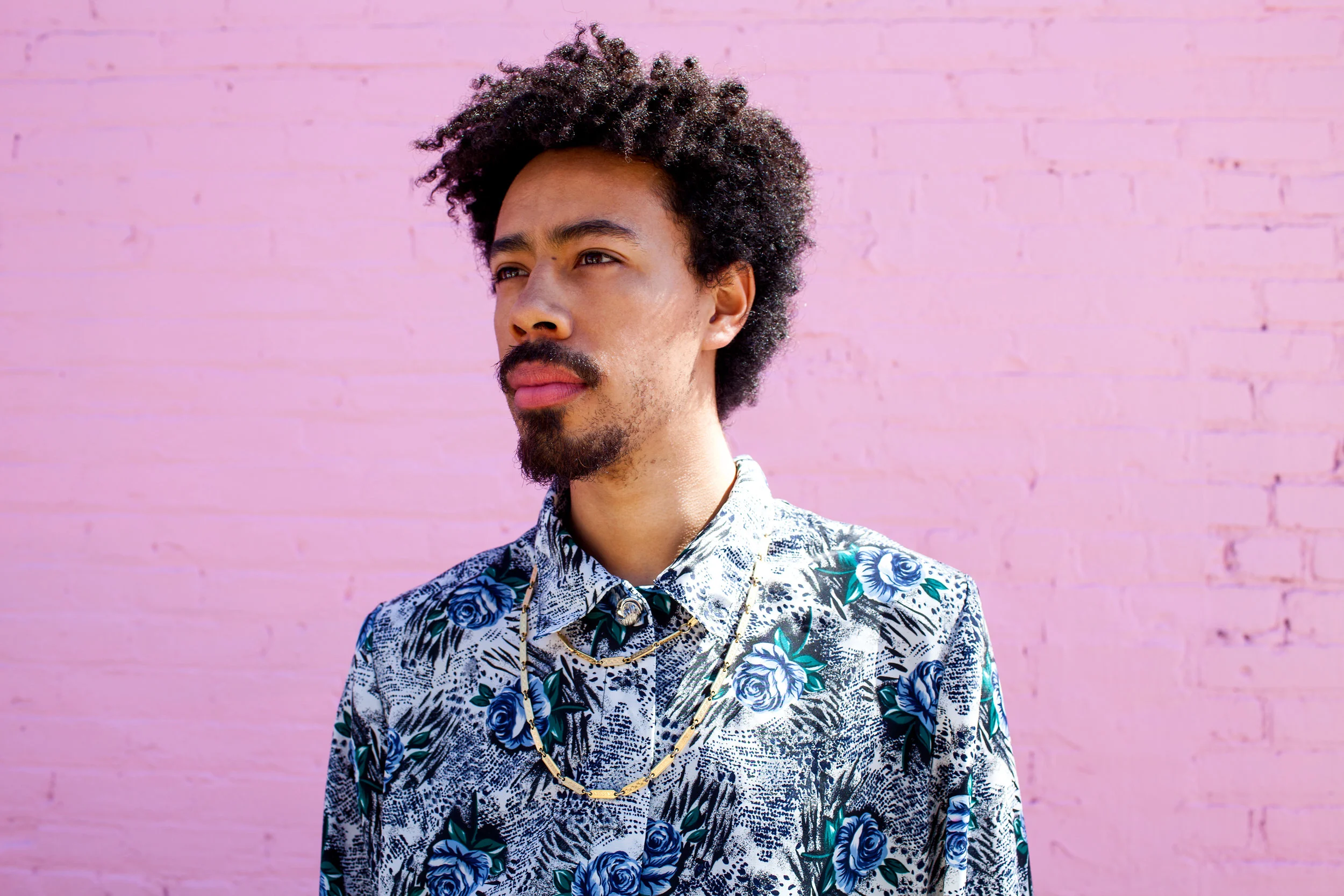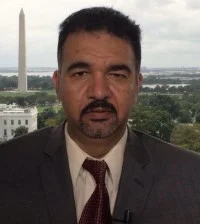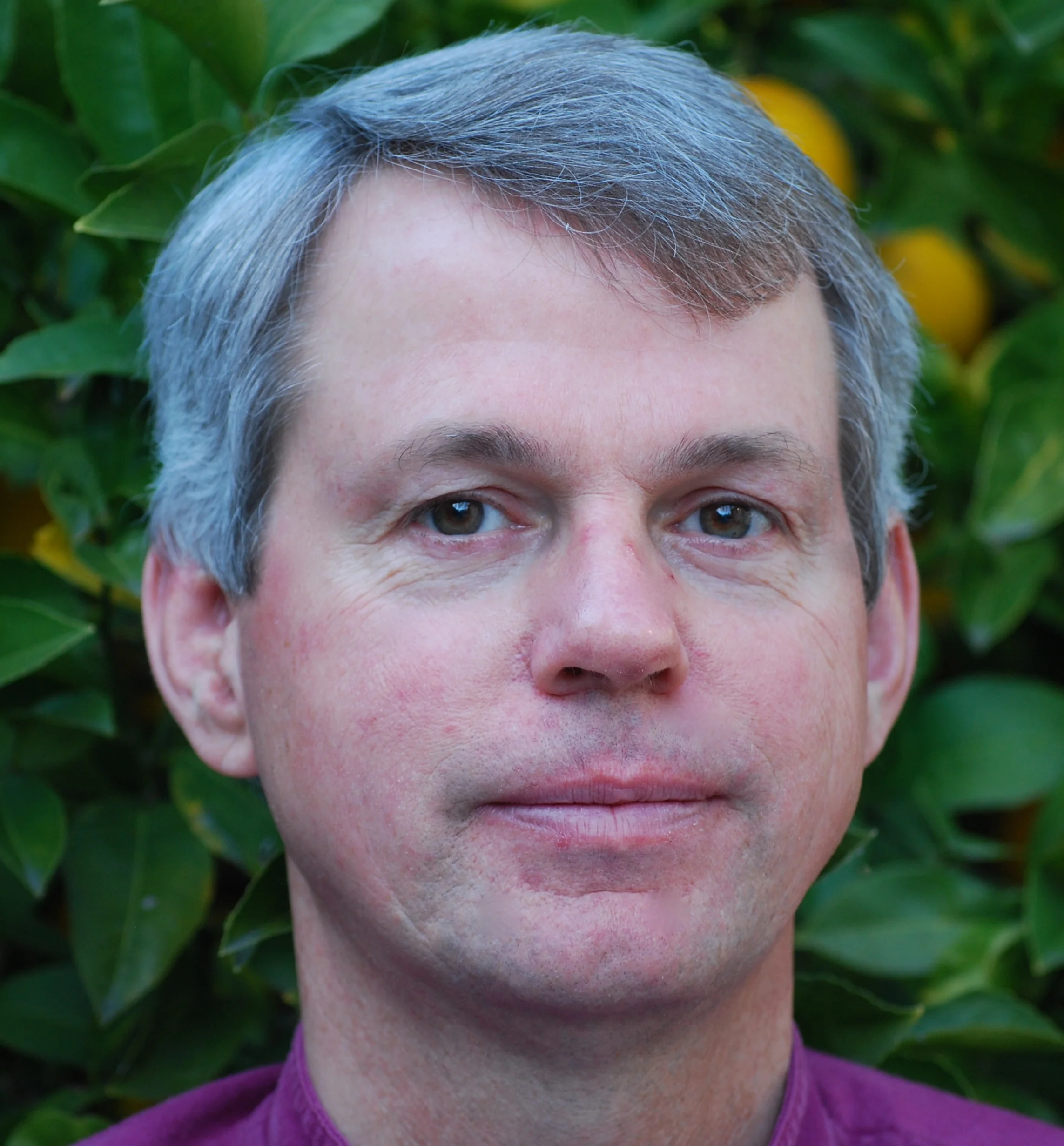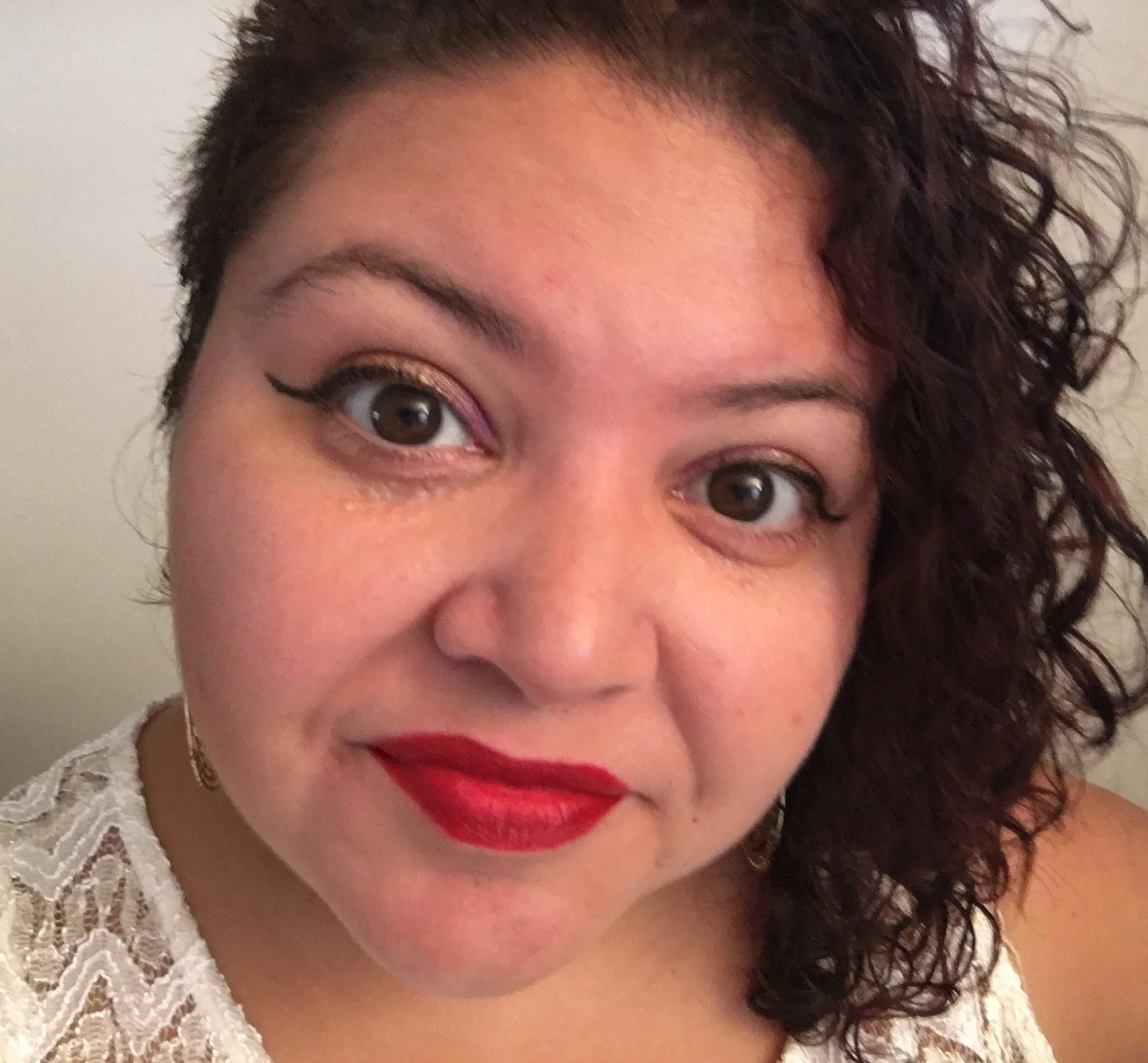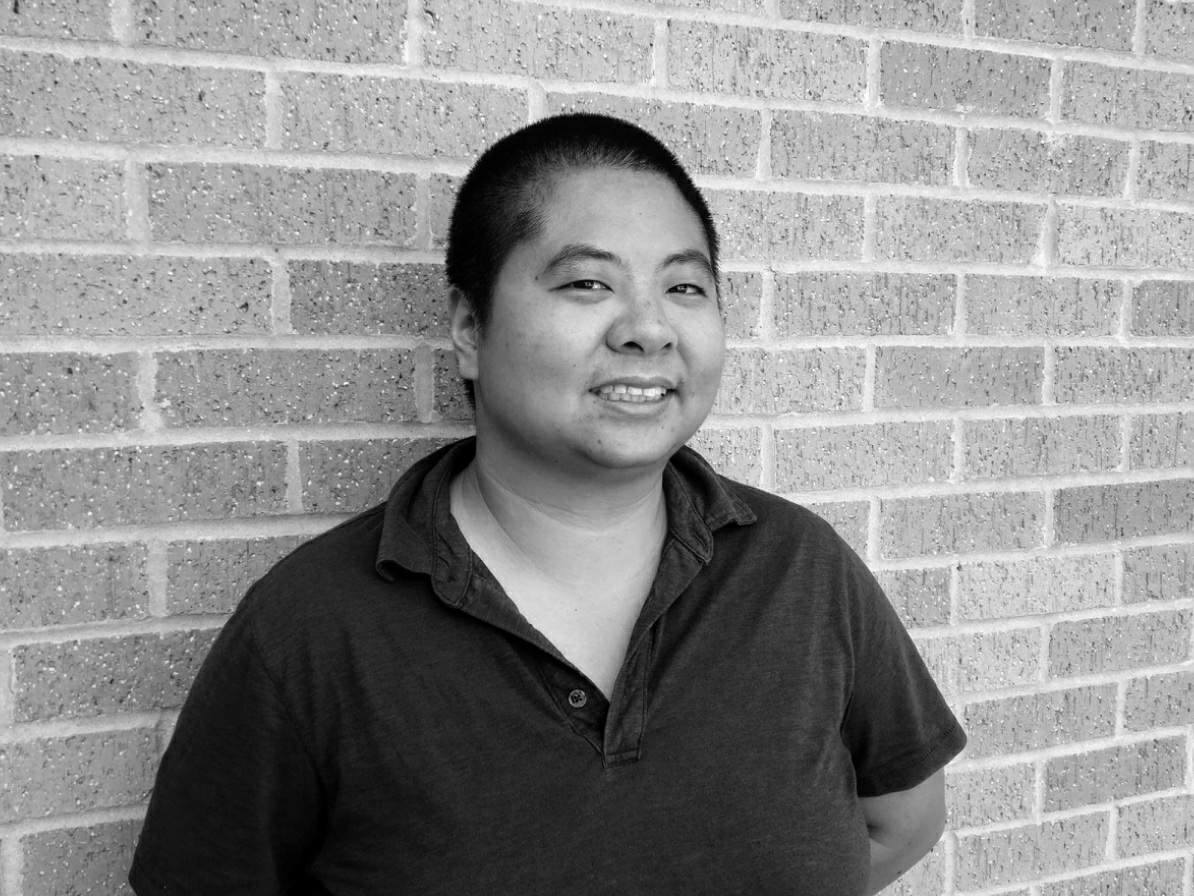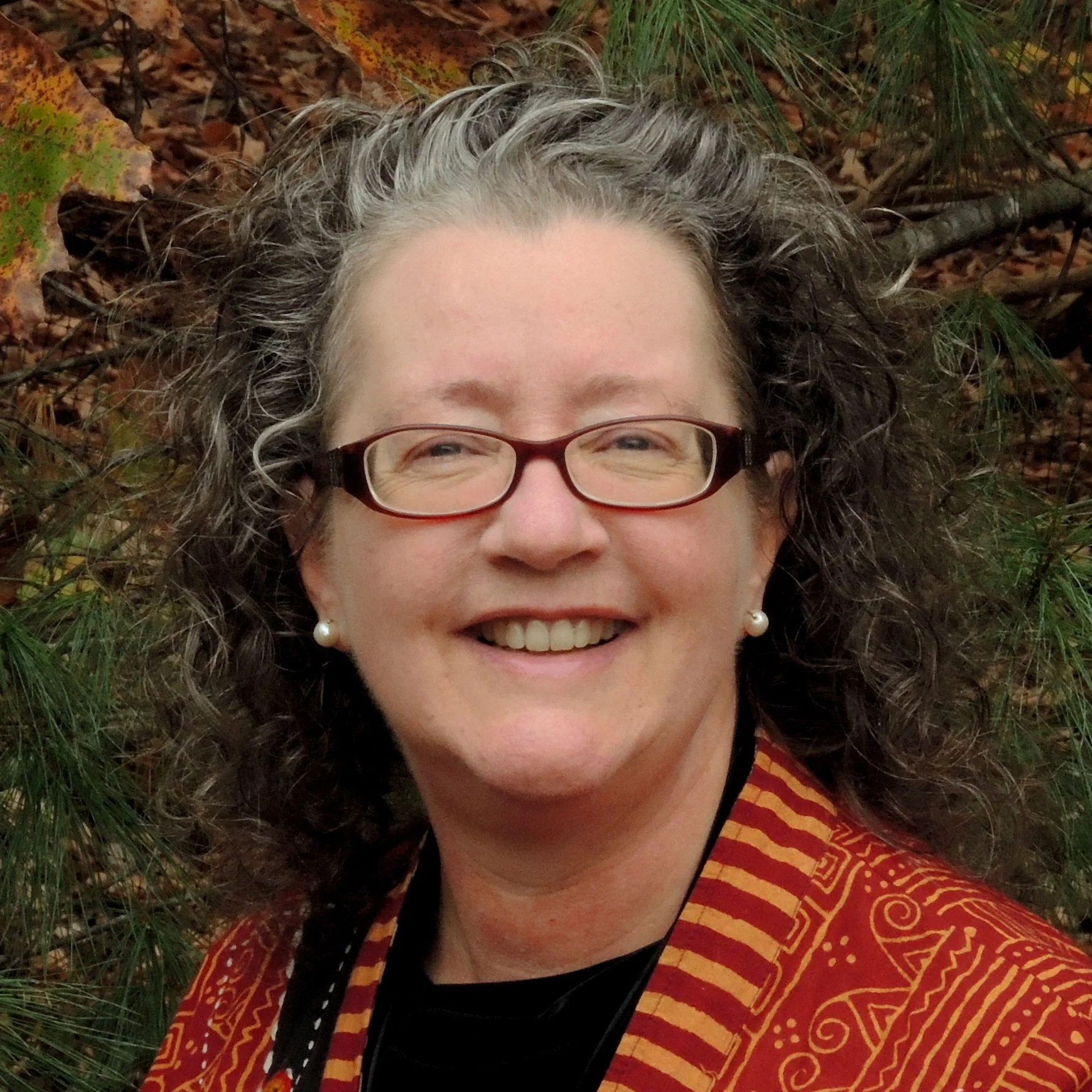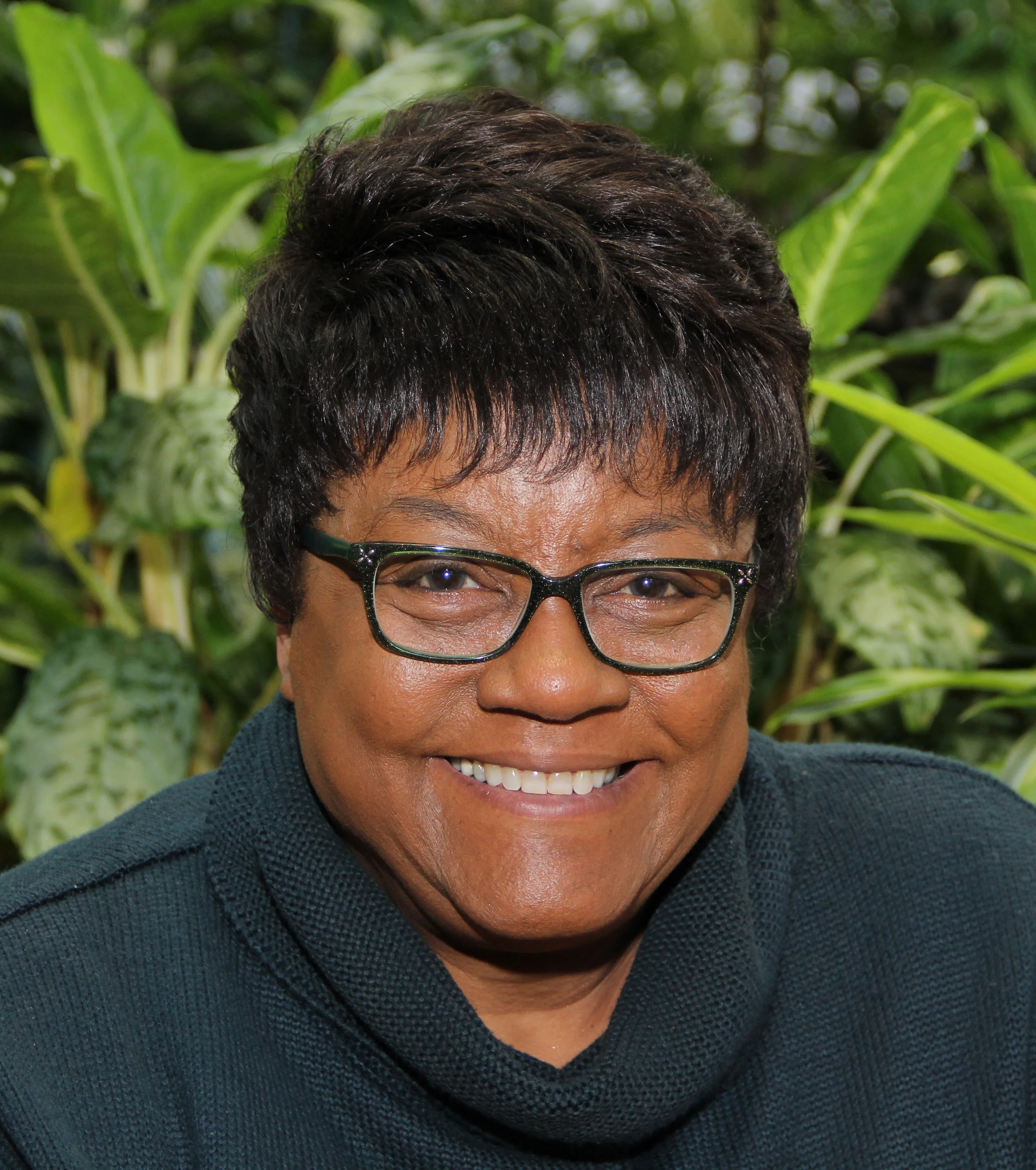Dini and I met for coffee several months ago and dreamed up this collaboration, that Origins Journal, whose mission is to explore the art of narrative through the lens of identity, might publish a special portfolio of poems by poets presenting on panels, giving workshops, or reading in themed group readings at Split This Rock Poetry Festival 2018.
Poet-activists gather at this festival only every two years, and from all the various streams of our sometimes cantankerous United States of Poetry. And representing so many identities—it’s a gathering unlike many we find in the literary world: ages teens to 80s, so many races and ethnicities, people with disabilities, and representing many gender identities.
When poets are called, do they not respond? And cry out, lament, mourn, celebrate, decry, praise, denounce? And respond they did! We received a glorious bounty from which these twenty-some poems are chosen. Our gratitude to all the poets who submitted and to all poets everywhere who continue to write in the face of the deceit and treachery, greed and horror in public life. We will not be silenced.
Sam Hamill, the poet-editor-translator who founded Poets Against the War, wrote in the introduction to an anthology of anti-war poems, “A government is a government of words, and when those words are used to mislead, to instill fear or to invite silence, it is the duty of every poet to speak fearlessly and clearly.” The poems in this special issue are tributes to Sam and to all the poets who’ve gone before in courage and moral clarity.
My special gratitude to Dini and to my co-editors of this magnificent portfolio, Leeya Mehta, Jennifer Maritza McCauley, and Samantha Liming.
Sarah Browning, Executive Director of Split This Rock
The poems that we have chosen here swirl with truth; they are ugliness painted beautifully. In much of the issue, there is a brokenness—a fractured feeling—but there is also a powerful use of white space. I was reminded of Kintsugi—the Japanese practice of putting pottery back together using gold or another precious metal; a philosophy of acknowledging the history of something broken and put back together. So, please: read, feel a pull inside you, follow the poems forward.
Samantha Liming, Editorial Intern, Origins Journal
Split This Rock cultivates, teaches, and celebrates poetry that bears witness to injustice and provokes social change. It calls poets to a greater role in public life and fosters a national network of socially engaged poets. Building the audience for poetry of provocation and witness from our home in the nation’s capital, we celebrate poetic diversity and the transformative power of the imagination.
The festival takes place in Washington, D.C. from April 19-21, 2018.

